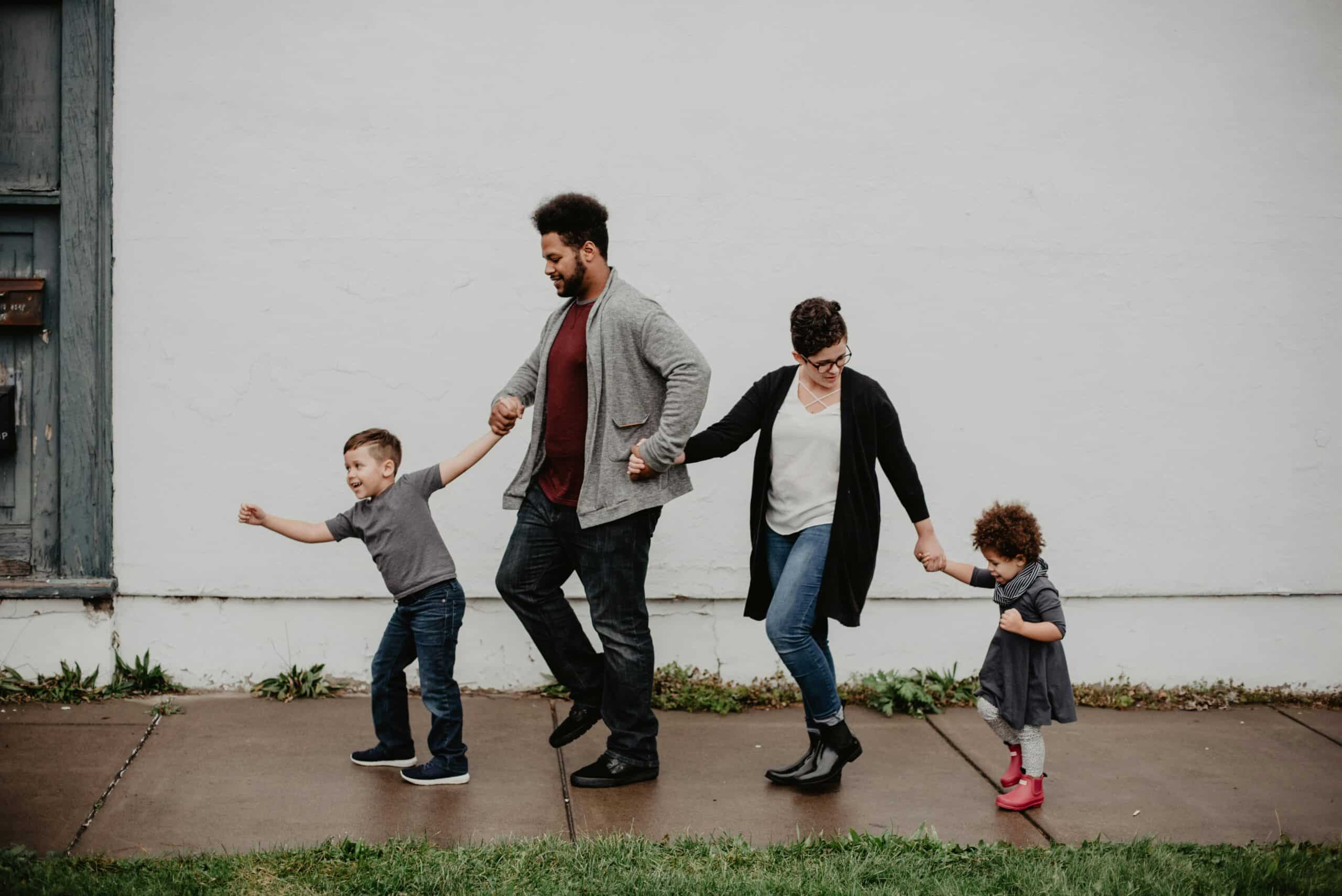5 Min Read
How to Make Friends as an Adult: Overcoming Challenges and Building Connections
 How to Make Friends as an Adult
How to Make Friends as an Adult
Making friends as an adult can be tricky, but it’s essential for mental health and overall well-being. In this post, we’ll explore why these connections are vital and provide practical tips on how to make friends, meet new people, and build lasting relationships using platforms like Meetup, Tinder, and Bumble.
Why Friendships Matter for Mental Health
Emotional Support
Friends act as sounding boards for your thoughts and feelings, helping you process emotions and navigate life’s ups and downs. They provide a sense of belonging and acceptance, which is crucial for physical health and emotional well-being.
Reduced Stress
Spending time with friends can lower cortisol levels, the hormone associated with stress. Engaging in enjoyable activities with friends can serve as a natural stress reliever, promoting relaxation and happiness.
Combating Loneliness
Friendships can counter feelings of loneliness and isolation, which are linked to depression and anxiety. Making friends as an adult and then having a network of friends ensures that you have people to turn to during tough times, providing a buffer against mental health challenges.
Boosted Self-Esteem
Positive social interactions with friends can enhance your self-esteem and confidence. Friends provide encouragement and positive reinforcement, helping you feel valued and appreciated.
Challenges of Making Friends as an Adult
Busy Schedules
Balancing work, family, and personal responsibilities can leave little time for socializing. Many adults find it challenging to carve out time for making and maintaining friendships amidst their busy lives.
Moving to New Places
Relocating for a job or other reasons can disrupt existing social networks. Starting from scratch in an unfamiliar environment can be daunting, making it harder to establish new connections.
Changing Interests
As we grow older, our interests and lifestyles evolve, which can make it harder to find like-minded individuals. Activities and hobbies that once connected you with friends may no longer be part of your life, necessitating new ways to meet people.
Fear of Rejection
The fear of not being accepted or liked can prevent people from reaching out and forming new connections. This anxiety can be a significant barrier, making it difficult to take the first step toward building a new friendship.
Overcoming the Challenges to Make Friends as an Adult
Leverage Social Apps
Using social apps like Meetup, Tinder, and Bumble can be a great way to meet new people. These platforms allow you to join groups or attend events that align with your interests, providing a structured way to meet like-minded individuals.
- Meetup: Join groups or attend events that match your hobbies and interests.
- Tinder and Bumble: Use these apps’ friendship modes to find people looking for platonic connections.
Join Clubs and Classes
Finding interest-based groups, such as book clubs, fitness classes, or hobby groups, is an excellent way to meet like-minded individuals. These settings provide natural opportunities to interact and bond over shared interests.
- Book Clubs: Join a local or online book club to meet people who share your love for reading.
- Fitness Classes: Participate in group workouts or yoga sessions to meet health-conscious individuals.
- Hobby Groups: Whether it’s knitting, hiking, or photography, joining a hobby group can help you connect with others who enjoy the same activities.
Be Open and Approachable
Showing openness and approachability can make it easier for others to connect with you. Simple actions like smiling, making eye contact, and initiating conversations can go a long way in building new friendships.
- Smile and Make Eye Contact: These simple gestures can make you appear more friendly and inviting.
- Initiate Conversations: Start with small talk and gradually move to more personal topics as you get to know the person better.
Reconnect with Old Friends
Reaching out to past friends and acquaintances can be a great way to reestablish connections. Sometimes, rekindling old friendships can be just as rewarding as making new ones.
- Social Media: Use platforms like Facebook and LinkedIn to reconnect with old friends.
- Personal Messages: Send a text or an email to catch up and see if they’re interested in meeting up.
Volunteer
Participating in community service can help you meet people who share your values and interests. Volunteering not only allows you to give back to the community but also provides opportunities to build meaningful relationships.
- Local Charities: Volunteer at local charities or non-profits to meet people who care about the same causes.
- Community Events: Participate in community events and initiatives to connect with like-minded individuals.
Practical Tips for Making Friends as an Adult
Initiate Conversations
Starting a conversation can be daunting, but it’s the first step toward building a friendship. Use open-ended questions to keep the dialogue flowing and show genuine interest in the other person’s responses.
- Ask Open-Ended Questions: Questions that require more than a yes/no answer encourage deeper conversations.
- Listen Actively: Show that you are interested in what the other person is saying by nodding, maintaining eye contact, and responding thoughtfully.
Consistency and Follow-Up
Building friendships requires regular interaction. Attend social gatherings consistently and follow up with new acquaintances to deepen the connection.
- Regular Attendance: Show up consistently to group events or meetups.
- Follow-Up: Send a message or make plans to meet again after your initial interaction.
Patience and Persistence
Building friendships takes time, so be patient and persistent. Don’t get discouraged by initial setbacks; continue putting yourself out there and giving new relationships time to develop.
- Be Patient: Understand that strong friendships don’t form overnight.
- Stay Persistent: Keep reaching out and attending social events even if it feels challenging at first.
The Role of Social Media and Technology in Meeting New People
Connecting Online
Social media and online communities can be valuable tools for maintaining and building friendships. Use these platforms to stay in touch and meet new people who share your interests.
- Join Online Communities: Participate in forums or social media groups related to your interests.
- Stay Connected: Use social media to keep in touch with friends and acquaintances.
Balancing Digital and In-Person Interactions
While online connections are valuable, face-to-face interactions are crucial for building deeper relationships. Balance your digital and in-person interactions to strengthen your friendships.
- Plan Real-Life Meetups: Transition online friendships to real-life meetings when possible.
- Combine Both Worlds: Use digital communication to supplement your in-person interactions.
FAQs
How do I start a conversation with someone new?
Starting a conversation can be as simple as asking open-ended questions or commenting on a shared experience. For example, you can ask about their interests or what they enjoy doing in their free time. Showing genuine curiosity and listening actively can make the conversation flow naturally.
What if I get rejected or the friendship doesn’t work out?
Rejection is a normal part of making friends, and it’s important not to take it personally. If a friendship doesn’t work out, use it as a learning experience and continue to put yourself out there. Remember, not every connection will lead to a deep friendship, and that’s okay.
How can I maintain friendships with a busy schedule?
Maintaining friendships requires effort and prioritization. Schedule regular catch-ups, even if they’re short, and use technology to stay connected. Sending a quick text or having a brief phone call can keep the friendship strong despite busy schedules.
Can social apps really help in making genuine friendships?
Yes, social apps like Meetup, Tinder, and Bumble can facilitate genuine friendships by connecting you with people who share your interests. The key is to use these platforms to find groups or events that align with your hobbies and values, allowing you to meet like-minded individuals.
How do I transition from online to in-person friendships?
Transitioning from online to in-person friendships can be smooth if you plan it well. Start by suggesting a casual meetup, like grabbing coffee or attending an event together. Make sure the setting is comfortable for both of you, and take it slow to build trust and rapport.
Conclusion: Takeaways on Making Friends in Adulthood
Summary of Key Points
Friendships are essential for mental health, providing emotional support, reducing stress, combating loneliness, and boosting self-esteem. Despite the challenges of making friends as an adult, leveraging social apps, joining clubs, being approachable, reconnecting with old friends, and volunteering can help build meaningful connections.
It’s never too late to make new friends. You can develop lasting friendships that enhance your mental well-being by taking actionable steps and being persistent. Remember, building friendships takes time and effort, but the rewards are worth it.
If you’re looking for more resources and support in building friendships and improving your mental health, visit WithTherapy to find a therapist who can support you in this pursuit.
Connect with the right therapist for you

You’re at the heart of a reimagined therapist search platform.
Explore Related Articles
Find Your Healthier WithTherapy
Let’s Get Started
 How to Make Friends as an Adult
How to Make Friends as an Adult

